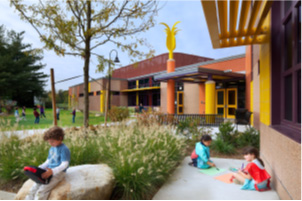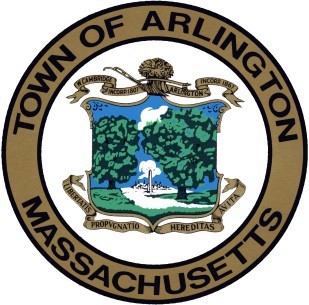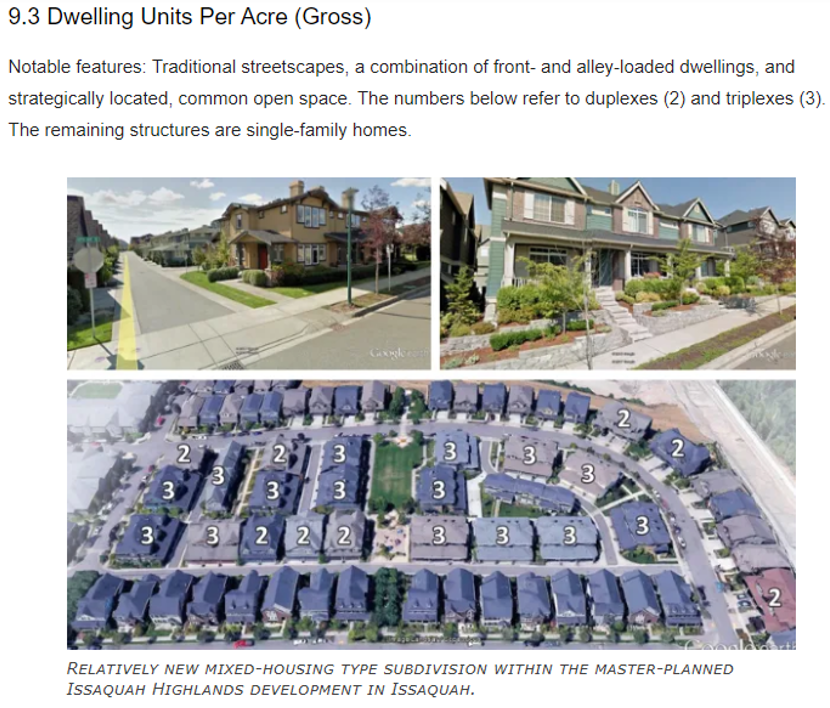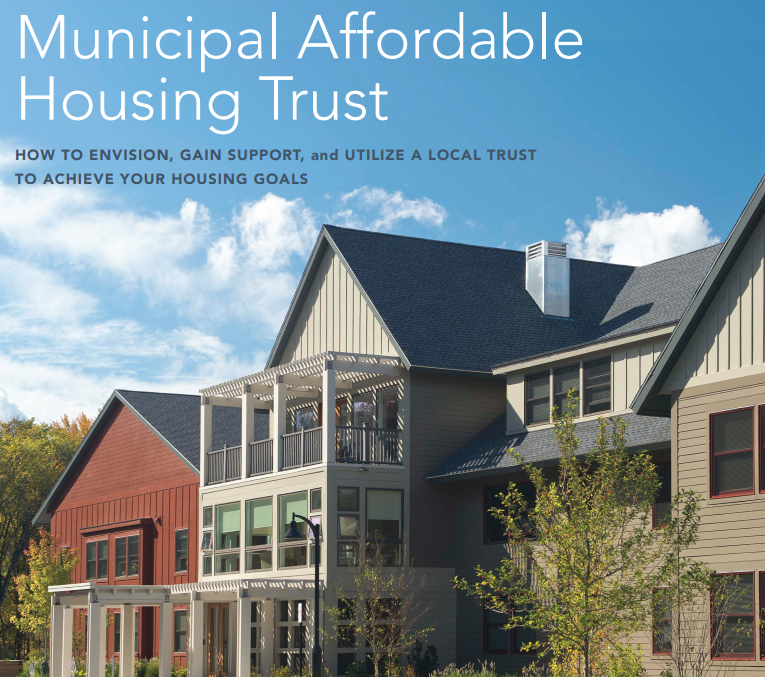from Alexandra P. Levering , Thesis, Urban & Environmental Policy and Planning, Tufts University, August 2017
By 2017 65 out of 101 municipalities in the greater Boston (MAPC) region allowed Accessory Dwelling Units by right or by special permit. The average number of ADU’s added per year was about 3. But by 2017, Lexington had 75 ADUs, Newton had 73 and Ipswich had 66. It is a slow process for a variety of reasons, but the number of units grows over time.
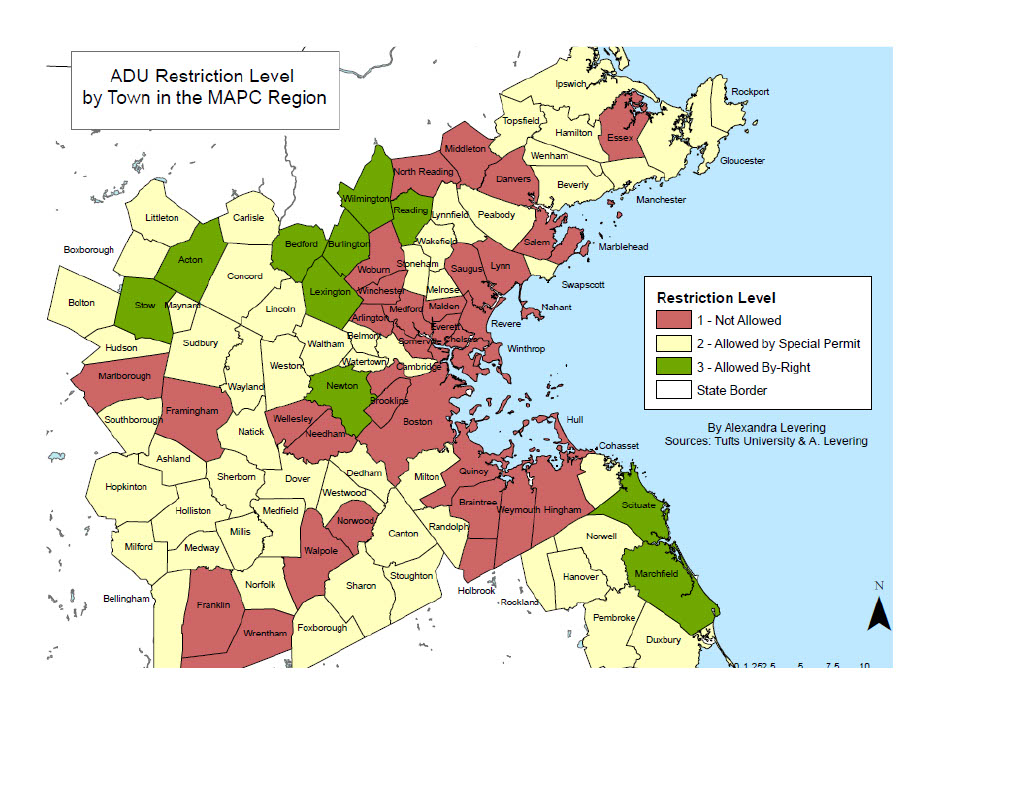
AARP recommends ADU’s. The help homeonwers cover rising housing costs by providing income trhough rent. They also create a space for a caretaker or a family member to live close by, as the homeowner ages.
Autism Housing Pathways and Advocates for Autism of MA (AFAM) came together to advocate for an ADU bylaw to benefit parents of adult children with disabilities. For more information see her complete thesis (with a very useful set of tables and bibliography) HERE.
Accessory Dwelling Units (ADUs) provide multigenerational housing options for aging parents and for adult children. They help families manage changing lifestyle, fiscal and/or caretaking situations.
This type of housing is seen by many as a clear opportunity to offer more affordable residential opportunities. One reason why they are slow to develop is the cost of renovation and construction for homeowners. Some communities offer low or no interest loans to encourage more ADU development.

